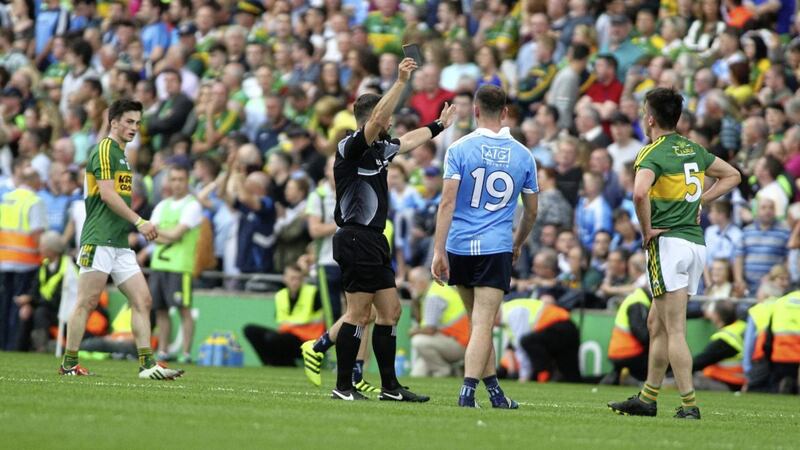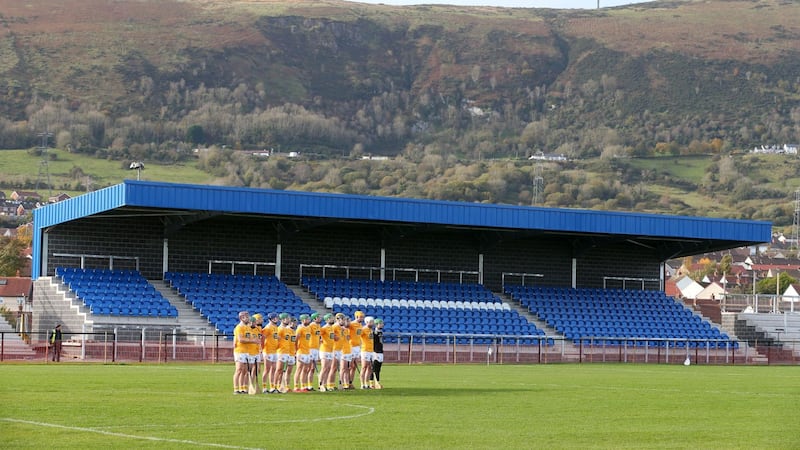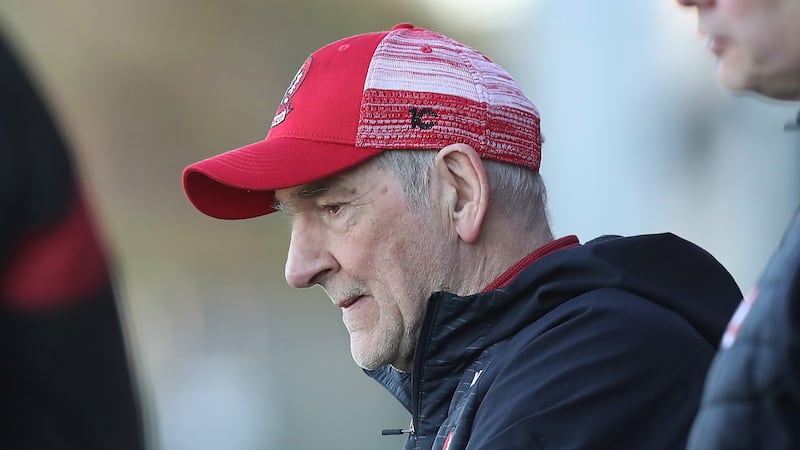WHEN England won the Ashes in the 1932-33 season, their victory owed a lot to the willingness of their captain to do pretty much anything to win.
Donald Bradman was the century-building Australian batsman that held the biggest threat to English hopes in the days before padding and helmets.
Douglas Jardine had watched Bradman three years previous and made a deduction that wouldn’t be uncommon to this day on the Gaelic fields of Ireland: “He’s yellow.”
So he instructed his pace bowlers to fire the ball directly at the Australian batsmen rather than the stumps. The deliveries were short-pitched, designed to bounce as high as the head of the batsman, who would naturally put his bat up on instinct to protect himself.
Four or five England fielders would come in and stand in close proximity, waiting for any deflections so that the Australians could be caught out. That Ashes tour subsequently became known as the ‘Bodyline’ series.
It was cynical but it wasn’t illegal. Jardine saw a loophole in the rules and he exploited it to great effect. The Australians didn’t like it, some of his own people didn’t like it. Against the spirit of the game, they said. But England came home with the urn.
That was 85 years ago and merely serves as proof that cynicism has always been prevalent in top-level sport.
And it will always be part of any sport that doesn’t introduce measures to deal with it.
Rugby often sits up on the moral high ground looking down. And while instances like the infamous ‘bloodgate’ weakens its hand, there is plenty to admire about how they deal with it compared to most other sports.
The penalty try is one of the great disciplinary advancements in any sport. If a certain try is stopped by illegal means, there are not only five points and a further two from the conversion right beneath the posts, but often a sin-binning for the offender as well.
It takes a proper sledgehammer to the stop-them-at-all-costs mentality. Letting the opposition score the try they were going to anyway is less of a punishment that you’d incur trying to illegally stop them.
That should be the baseline for a deterrent.
At present, Gaelic football’s baseline is nowhere near that. (On a side note, hurling is so far off dealing with the growing trend of wantonly stopping goal chances by any means that it can’t even see the baseline, but they seem happy with their heads in the sand.)
There has been widespread debate over the last two weeks about the actions of both Dublin and Mayo in the closing minutes of the Sunday’s All-Ireland final.
It’s been described in some quarters as “cheating”, which is simply a ridiculous statement.
Dublin and Mayo were both guilty of illegalities throughout the game but every minute of every match in every contact sport has some kind of foul play.
In an early attack, Andy Moran cutely tripped Michael Fitzsimons from behind just before the ball came his way. The referee wasn’t looking. He got away with it, and kicked the point.
Is that cheating too? Or is it merely taking advantage of the rules having so much bend?
There are wider moral arguments but to try and put Ciaran Kilkenny pinning a man down on a kickout in the same bracket of distastefulness as someone taking performance-enhancing drugs is a bit crazy.
Cheating, to me, is something that happens away from the public glare.
It is something that can’t be dissected or discussed because nobody knows how or when it’s happening.
The Netflix documentary Icarus, which accidentally stumbled upon the minutiae of the Russian state-sponsored doping programme for athletes, is about cheating.
Throwing your GPS tracker at someone in front of the whole country in a last-ditch attempt to win a first All-Ireland in 66 years is not cheating. That doesn’t make it right, but it is not on the same plain, nor even near it.
The over-reaction to the events in Croke Park has sadly cast a shadow over one of the great deciders. In the last 16 days, far more airtime and column inches have been given to the dark arts than to the overall spectacle were we treated to.
Gaelic football does not adequately deal with cynical acts - of that there is little doubt. But it is a very difficult illness to treat in such a physical sport whose definition of the tackle is so woefully inadequate.
Changing the tackle will change the sport materially and you can understand why the law-makers are resistant to falling into that particular bearpit.
There’s often talk about a more severe punishment for fouls in the final 10 minutes of a game but that is a non-runner. Justice has to be fair and even. Why is someone hauling down a man when they have a goal chance after half an hour any less punishable than one in the final 10 minutes?
And what about the game where there’s a bad injury and the referee has to add 8 or 9 minutes’ stoppage time – when does the time period start for such increased punishments?
Just like cricket in 1933, cynicism absolutely exists in Gaelic football. It will do until someone comes up with a viable solution.
But cheating? Pull the other one.








